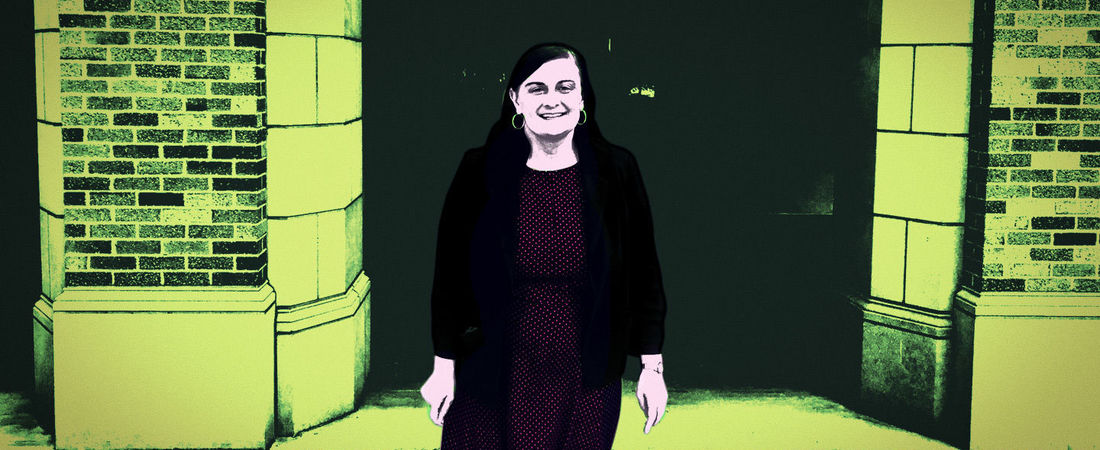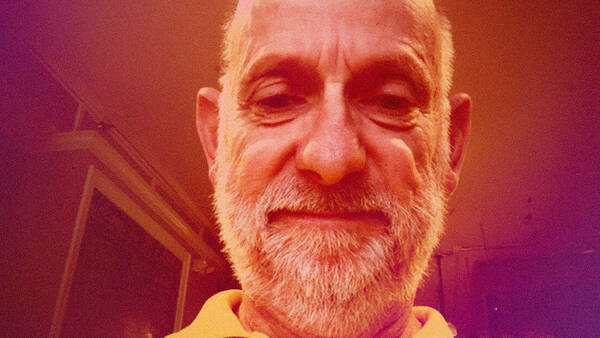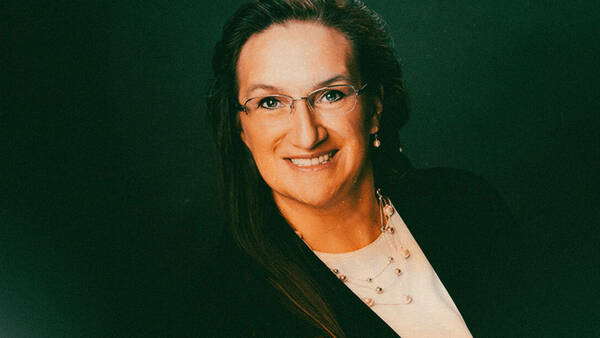In the more than two decades she’s spent working for the CIA, Amy McAuliffe ’90 has navigated her fair share of demanding situations.
But whether it’s rising in the middle of the night to help prepare the President’s Daily Brief, assessing threats from Al-Qaeda or Iran, or coaxing time-crunched policymakers to think strategically, McAuliffe, who now serves as chair of the National Intelligence Council, is up for the challenge.
“You don’t quite know what any day is going to be,” she says. “I often have a list of 25 things that I’m going to do and I get none of them done, because all of a sudden we have a big tasking and we have to think about Iran in a way that we haven’t before, or something comes up on China. But it’s very interesting, because in any one day, I could be dealing with 10 really substantive issues.”
McAuliffe has led the NIC since 2016. The council is perhaps best known for producing the National Intelligence Estimate—the gold standard of U.S. national security assessments.
“Our mission is strategic analysis,” McAuliffe says. “So it’s to write products, develop new insights, and give briefings that help policymakers think about the future. On staff I have the intelligence community’s experts on all regions in the world and all functional topics, including weapons of mass destruction, terrorism, and cybersecurity.”
The NIC, McAuliffe says, prides itself on providing decision-makers with clear-eyed and thorough analysis that will serve them well—even if they’d rather not hear it.
“We really check our political views at the door,” she says. “I have no political views at work. I come in in an unbiased way and look at what’s before me. And some of the best analysis I’ve been involved in has made very senior people very angry, because it’s not what they want to hear. You’re oftentimes going in with a very difficult message.”
With the Obama administration, she says, that involved sizing up the Arab Spring and predicting decades of chaos and autocratic crackdowns in the Middle East, rather than the hoped-for flourishing of democracy. With the Trump administration, it’s meant communicating negative assessments from other countries that the United States is withdrawing a bit from its role in the world.
Speaking truth to power has long been a part of McAuliffe’s career. She worked on the President’s Daily Brief from 2001 to 2003, briefing General Peter Pace, Vice Chair of the Joint Chiefs of Staff, and Under Secretary of Defense Douglas Feith, and she later served as director of the President’s Daily Brief.
“It’s really the idea of making sure that the president and his most senior national security advisers have a perspective on what’s going on in the world that can help drive their daily decisions and discussions,” McAuliffe says. “So what I’ve found is that even when we’re telling an administration news that they don’t want to hear, which is fairly frequently, they trust what we say because it’s unbiased, and they use it to set the agenda for the day in terms of the debates and decisions.”
McAuliffe, who began her CIA career as an analyst working on European security issues, has also held leadership positions in the agency’s weapons group and worked as director of an office tasked with analyzing the Middle East and North Africa. Her time in the weapons group, when she saw leaders grappling with lessons learned from the intelligence that led up to the Iraq War, still informs her.
“It’s the idea of, if there’s dissenting views, we express them in products,” she says. “We really explore how the mainline judgement could be wrong, or what events or drivers could change it. So now for example in every National Intelligence Estimate, I require a box: ‘What if we’re wrong?’ So I think I learned how to do the craft of analysis, withstand really heavy political and other scrutiny, and learned lessons that I could apply going forward.”
Now, as chair of the NIC, McAuliffe uses her expertise to help busy people who make policy think strategically.
“The world is such a complicated place, and if you talk to policymakers, they’ll tell you they’ve had a hard time seeing beyond their inbox in any one day of the week,” she says. “Our role really is to project out, in many cases three, five, seven years. We’re trying to get people out of their inbox, think long-term, and most importantly, think in a multidisciplinary and interconnected way.”
For McAuliffe, her latest role, like her career, has been a deeply satisfying way to serve.
“I always knew that I wanted to give back by working for the government, either as as policymaker, or in the intelligence community,” she says. “For people I work with, and the broader cadre of national security officials who serve, really this is our civic duty and a public service. I don’t have a lot of spare time to do volunteer work, and I used to feel badly about it, but then I realized that I view my job as my way of giving back to the country. It’s exciting, and it’s very rewarding.”



